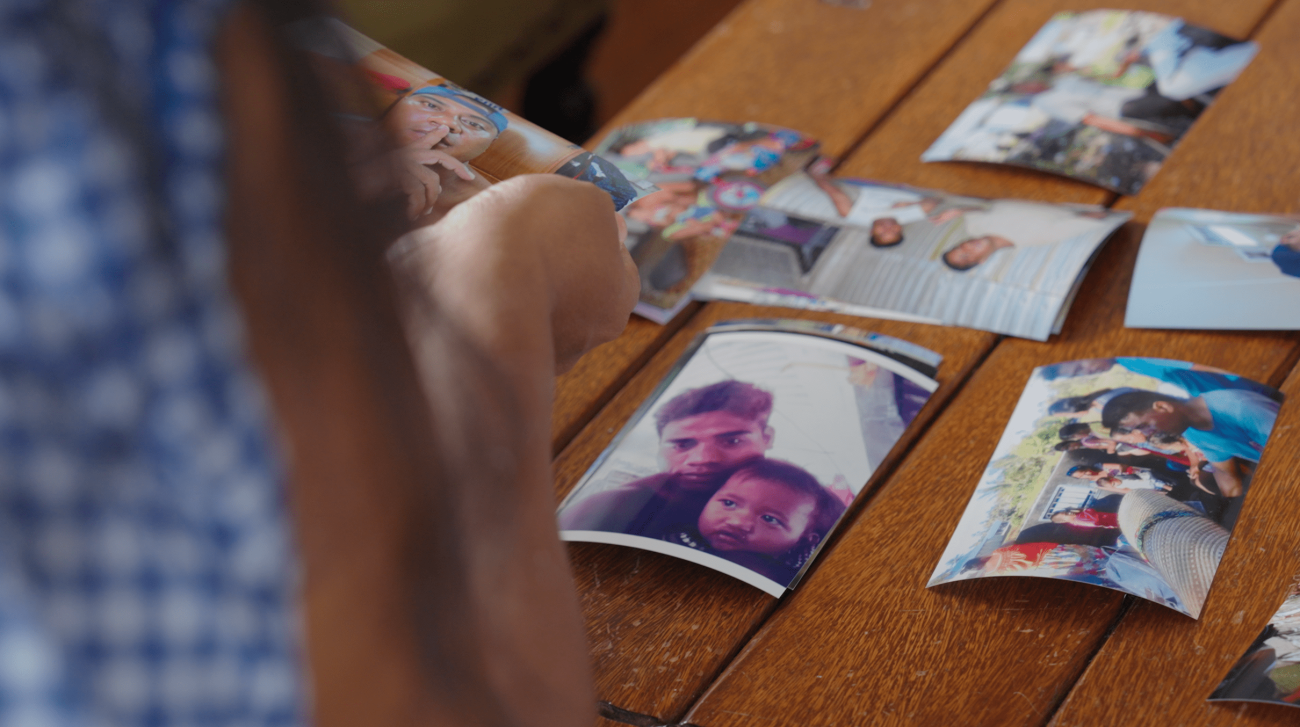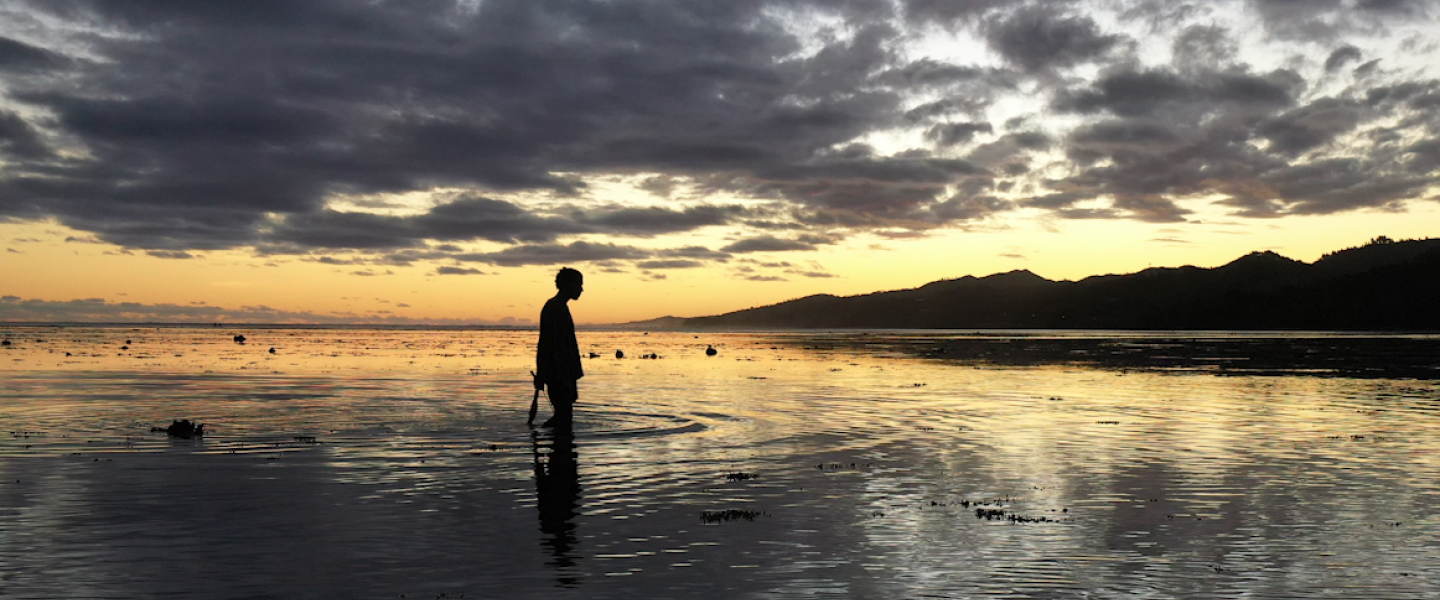In March 2020, Eritara Aati Kaierua, a devoted father and Kiribati fisheries observer, died in mysterious circumstances on the high seas in the Pacific, leaving his family heartbroken and searching for answers.
Eritara died aboard a Taiwanese-flagged fishing vessel, the Win Far 636. Initially declared a homicide, his death was later attributed to "natural causes," a conclusion shrouded in doubt and fuelling frustration for his grieving family.
Now, the gripping documentary "Death at Sea" by Sara Pipernos thrusts audiences into the heart of this unsolved case, raising crucial questions about accountability, justice, and human rights in the maritime industry.
Searching for the Truth
Undeterred by the official pronouncements, Human Rights at Sea (HRAS) embarked on a meticulous 12-month independent investigation, dissecting the case from the family's perspective. The in-depth review exposes 26 critical questions that remain unanswered, highlighting glaring deficiencies in the official investigation and demanding justice for Eritara.
To date, the criminal investigation undertaken in Kiribati has still not provided acceptable answers, and the State authorities have failed to disclose full details in the public domain.

Beyond Tragedy: A Catalyst for Change
"Death at Sea" is a poignant exploration of one family's loss and a powerful exposé of the dangers and vulnerabilities faced by fisheries observers, often entrusted with protecting marine life but left exposed to exploitation and potential harm.
Nicky Kaierua, Sister of Eritara, said, "I know the film will bring our family a lot of hope - and the policymakers who may see this film; they could bring about real change."
The film sheds light on the systemic challenges within the industry, urging audiences to consider the human cost behind our seafood consumption and demanding greater protections for those who safeguard our oceans.
Matthew Vickers, Human Rights at Sea – HRAS Executive Chair, added, "This film is a stark reminder of the dangers people face at sea every day. This tragedy underscores the urgent need for the Geneva Declaration on Human Rights at Sea to be adopted. This landmark document provides a vital framework for protecting the rights of all those at sea, from fishers and seafarers to observers like Eritara. It demands transparency, accountability, and the recognition of basic human rights in the maritime environment."
David Hammond, Human Rights at Sea International – HRASi Managing Director, said: "The extensive multi-stakeholder investigation and fair demand for answers alongside Eritara's family now enters its fourth year. This situation is unacceptable, and Human Rights at Sea International is pleased to be continuing the fight for justice along with the essential public understanding of the circumstances behind Eritara's untimely death."
Screening Details and Call to Action:
• Date: 30.01.2024
• Time: 6:30 pm
• Location: Everyman, London, Kings Cross
The screening of "Death at Sea" aims to bring attention to Eritara's case and serves as a powerful plea for justice, not just for Eritara but for all those navigating the world's seas and oceans.
Special thanks to the Sustainable Fisheries and Communities Trust (SFACT) for supporting the investigation and the Blue Marine Foundation and Pew Charitable Trusts for making this impactful film possible.
For media and ticket inquiries, please contact: charlotte.rumbol@humanrightsatsea.org
About Sharing. We welcome the use and dissemination of our work with proper accreditation. Please ensure that our Terms of Use are conformed with at all times.
Please support Human Rights at Sea today by CLICKING HERE
